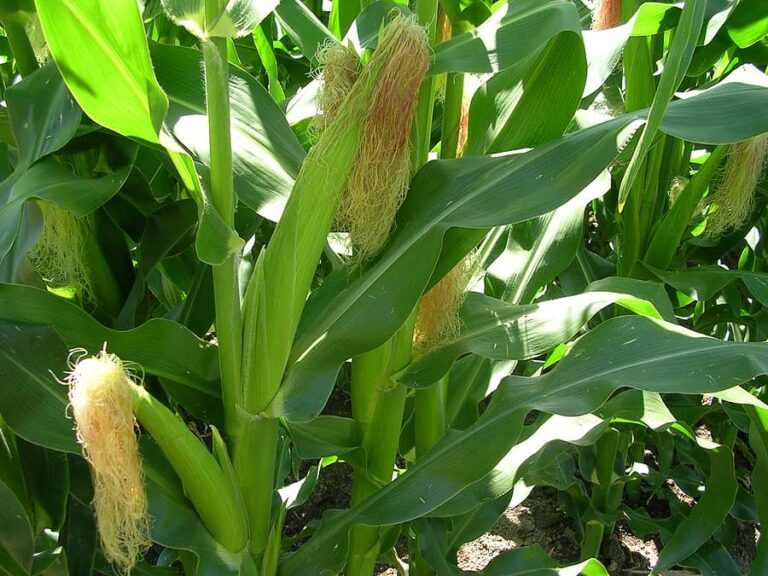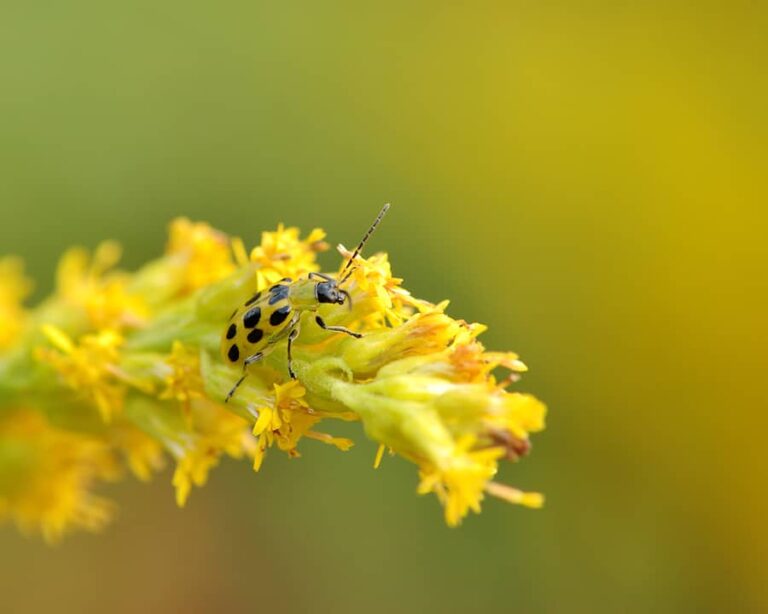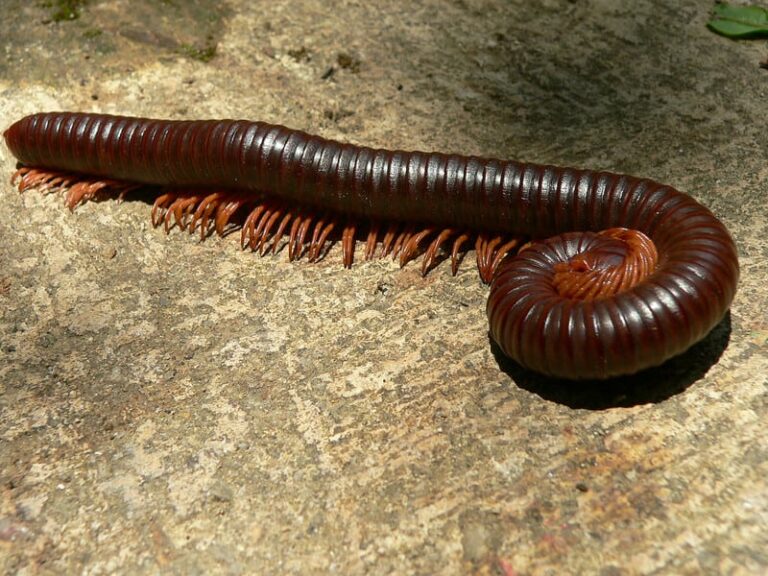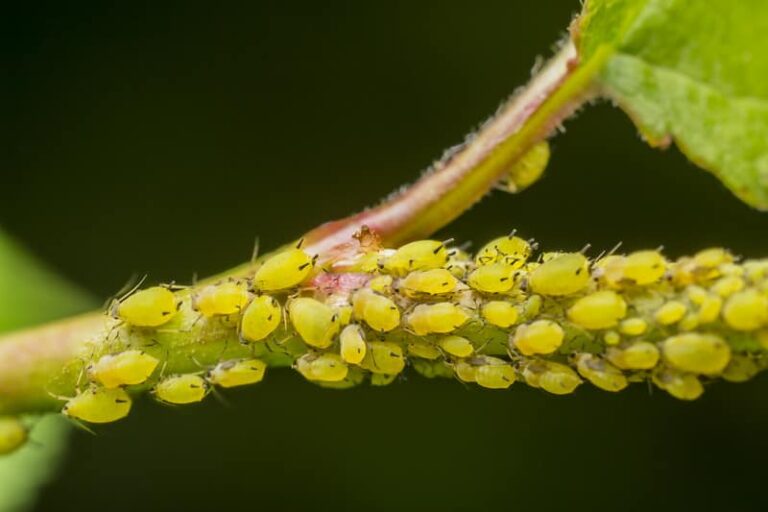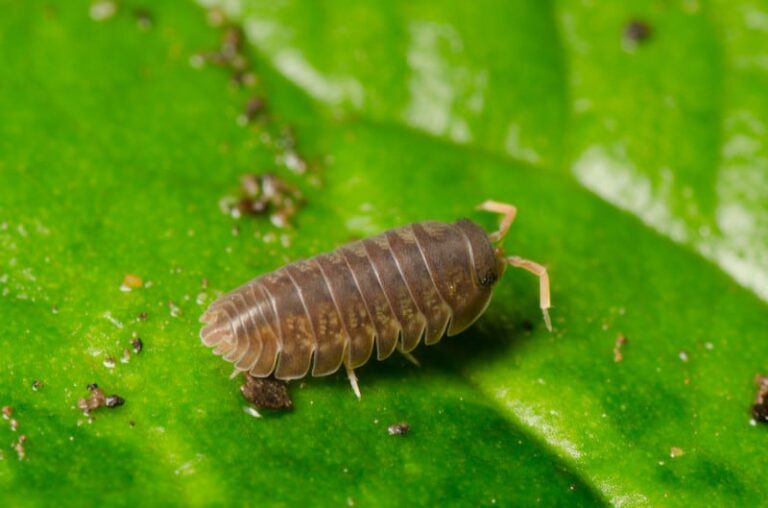Corn Earworm Organic Pest Controls
The corn earworm—which is also known as the tomato fruitworm and the cotton bollworm—is a caterpillar that eats the fruit and leaves of corn, tomatoes, beans, peppers, squash, lettuce, peas, potatoes, and other crops. Corn earworms also chew tomato fruits from the blossom end, eat into bean pods and nibble lettuce. Earworms also attack okra…

